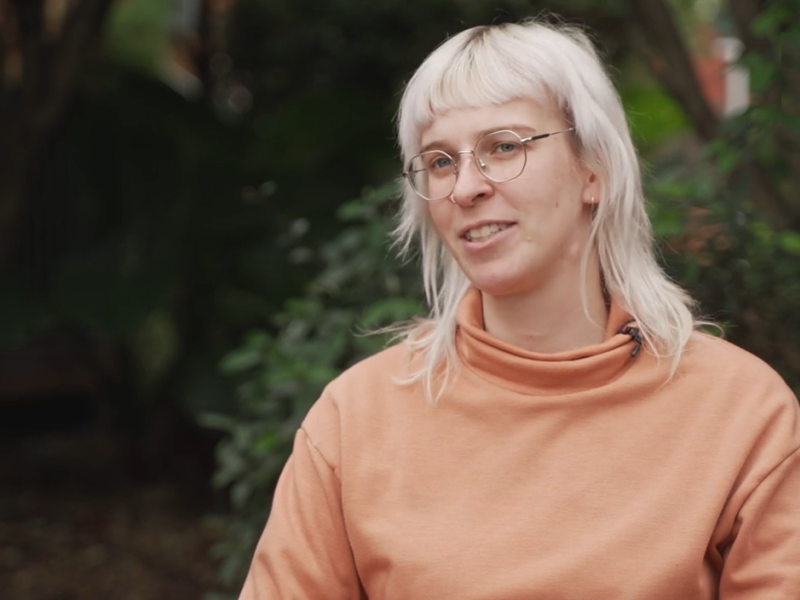New data from Mind Australia shows that the Housing and Accommodation Support Partnership (HASP) is having a major impact in improving the mental health and wellbeing of clients in southern Adelaide.
Mind’s Southern Adelaide Housing and Accommodation Support Partnership (HASP) program is an outreach support service for people with mental health and wellbeing challenges which began in 2011.
The service is designed for people who are transitioning to independent living in the community in southern Adelaide, including Morphett Vale, Aldinga and Noarlunga.
The program supports people to be able to participate more fully in the community by providing access to safe, secure and affordable housing, and mental health and wellbeing support.
An evaluation conducted with Southern Adelaide HASP clients found that they feel more supported and are having their personal challenges and needs addressed.
Dr Laura Hayes, Mind Research and Evaluation Manager, said the evaluation involved regularly checking with clients and carers about the “aspects of their personal needs and circumstances” that Mind programs aim to meet.
“By using the Camberwell Assessment of Need Short Appraisal Schedule (CANSAS) survey, we can assess the need rating for each of the 22 CAN domains, such as: diet, physical and mental health, financial welfare, accommodation or employment/education,” Dr Hayes said.
HASP clients enter the program with an average of 6.25 unmet needs in their life.
HASP clients report an average score of just 2.89 after six months in the program.
“There is a statistically significant difference between clients’ before and after scores,” Dr Hayes said.
“These results give us confidence that there has been real change for clients since entering the HASP program.”
Martina (name changed) has a history of polysubstance abuse which led to drug induced psychosis: schizoaffective disorder. In 2020 she came to the Southern Adelaide HASP program with unstable accommodation, an inability to maintain tenancy, a public trustee managing her finances and no car or job.
With the support of the HASP program and Mind’s team of community mental health and peer practitioners, Martina has maintained her tenancy and was able to remove the public trustee, regaining control of her finances in 2021.
She also saved for and purchased a car and is now studying a Certificate IV in Mental Health Peer Work.
Martina exited the program earlier this year and she remains alcohol and drug-free.
She said she has increased confidence, self-advocacy and purpose in her life. Martina’s final CANSAS survey reported that she had zero unmet needs in her life.
Denise Cumming, Mind’s Executive Director of Operations for South Australia, said Martina’s inspiration to join the lived experience workforce illustrates the value of peer work in mental health recovery.
“Valuing lived experience benefits everyone. Mind’s lived experience workforce leads change and builds an understanding of lived experience at all levels of the organisation to improve how we work and how we support people in their mental health recovery journey,” Ms Cumming said.
“Our lived experience workforce works to shift attitudes and concepts of mental health. It facilitates increase collaboration with, and valuing of the insights of, people with lived experience, and helps ensure the support we provide is best practice.”
“In South Australia, more than 60 per cent of Mind staff in SA Health settings are in designated peer practitioner roles.”
The Southern Adelaide HASP program is funded by SA Health and delivered in partnership with Junction Housing, SA Community Mental Health Services and Mind Australia.
For information on Mind services near you, please contact us via Mind Connect or phone: 1300 286 463.
If this article raises concerns for you, please call Lifeline on 13 11 14. Aboriginal and Torres Straits Islanders can also call 13 YARN (13 92 76) a 24/7 national crisis support telephone service staffed by Aboriginal and Torres Strait Islander peoples.
